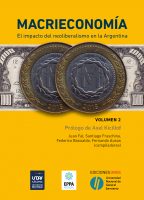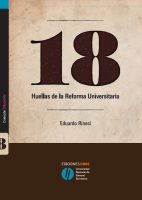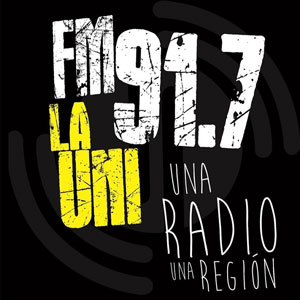La producción familiar pampeana a comienzos del Siglo XXI.
The transformations in the economy and in the national politics of the late twentieth century, together with the scientific and technological developments linked to agriculture, have deeply affected the national agrarian social structure and the subjects that compose it, thus marking a new stage of capitalism in agriculture. In this context of changes, once again it is pertinent to return to some of the central questions of rural sociology: Which actors persist and which are excluded? How is production organized? How is the relationship between the different agents of the productive system? And what is the place and characteristics of family farming? Focusing on this last question, and based on data collected in successive field studies that have been carried out in different departments of the southern area of the Province of Santa Fe, we have analyzed the characteristics adopted by the family agricultural production of chacarera type, at of the last century and the beginning of the present. To this end, we have focused on how the organization of work within the farm is structured and its link with the family, on the one hand; and in succession practices as mechanisms of social reproduction, on the other. The dynamics linked to the inheritance are put to the test in the new social, economic and productive context - generating tensions between elements of the habitus chacareros transmitted for generations and characteristics associated with the new development model.







